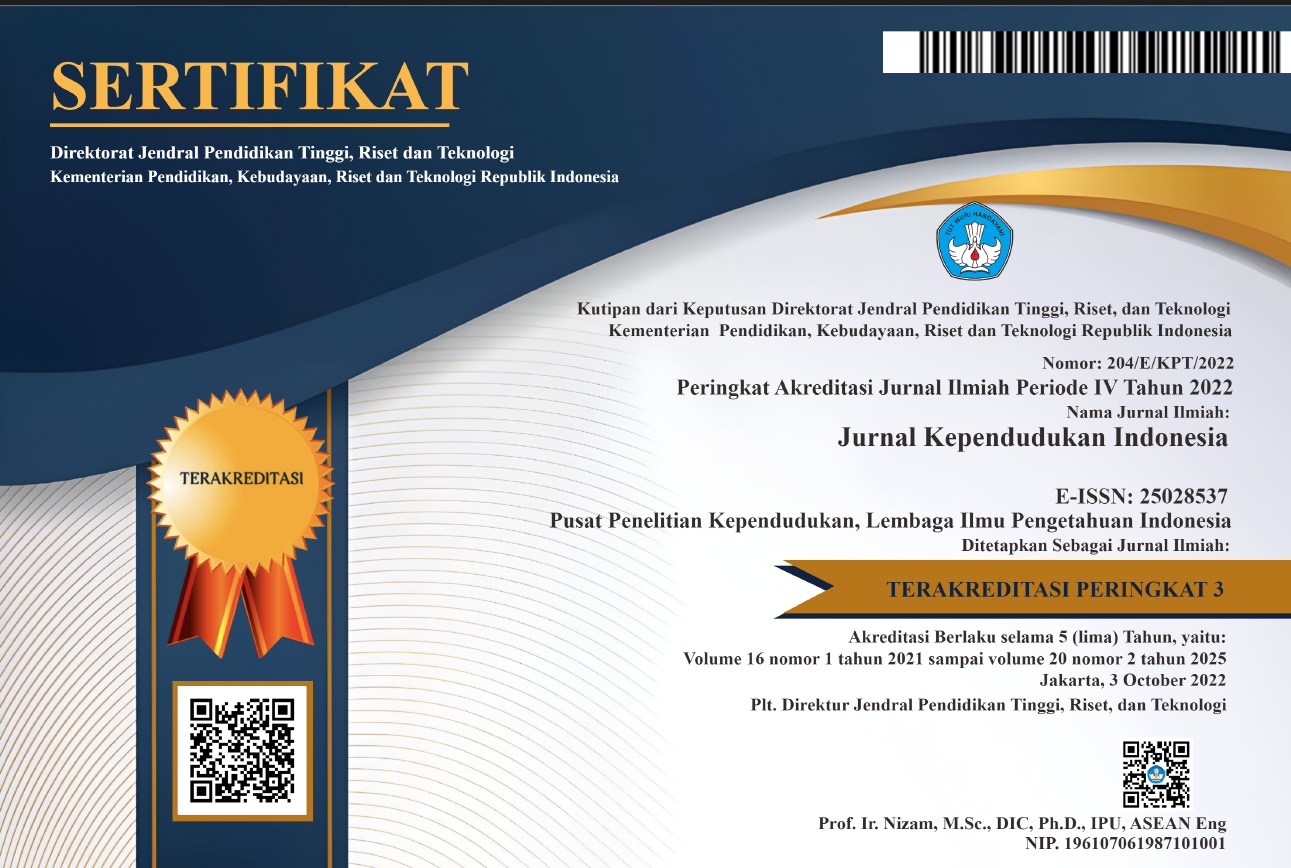Isu kelembagaan dalam pembangunan ketahanan pangan: Pembelajaran dari Kabupaten Klaten, Jawa Tengah
DOI:
https://doi.org/10.14203/jki.v7i2.24Keywords:
food security, institutional, DKP, multidimensional, KlatenAbstract
This paper analyzes the institutional issues on the development of food security in referring to the experience gained by Klaten Regency, Central Java, by relying on the primary and secondary data. The paper is also intended to show the still weak institutional framework that supported the development of food security. As a result, the Food Security Council (DKP), as the formal institution in the development of food security, failed to perform its role in formulating systematic steps in order to develop sustainable food security. At the same time, the DKP's capacity to coordinate, evaluate, and provide feedback on the implementation of policies on and programs about the development of food security had not been satisfactory. The weaknesses of the institutional framework hampered Klaten Regency from preserving and increasing its food security. Based on the findings, this paper presents several important recommendations: First, the DKP has to be equipped with the institutional framework that is clear and explicit so that it can regulate the mechanisms on roles and responsibilities of each embroiled institution. Second, the DKP also needs to be built on a clear consensus so that it can develop a coordination system based on a blue print that includes the short-term, intermediate-term, and long-term planning on the development of food security. Third, the DKP also needs to have working groups that can improve the synchronization mechanism and the synergy of the development of food security.
Downloads
Published
How to Cite
Issue
Section
License
Copyright (c) 2012 Author(s)

This work is licensed under a Creative Commons Attribution-ShareAlike 4.0 International License.

